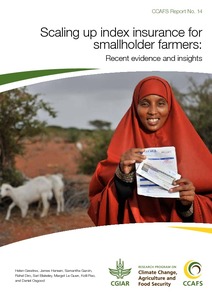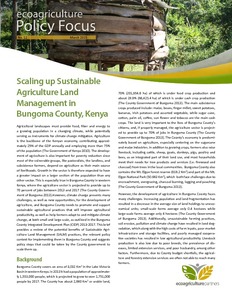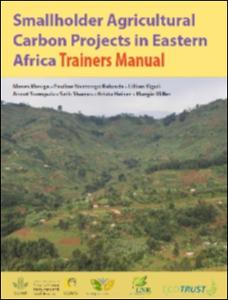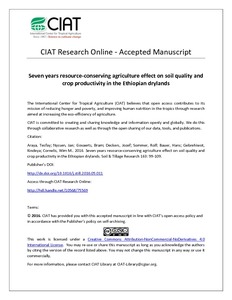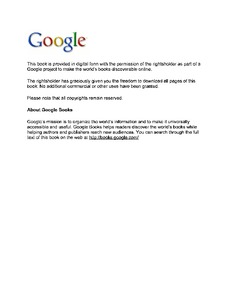Scaling up index insurance for smallholder farmers: Recent evidence and insights
This report explores evidence and insights from five case studies that have made significant recent progress in addressing the challenge of insuring poor smallholder farmers and pastoralists in the developing world. In India, national index insurance programmes have reached over 30 million farmers through a mandatory link with agricultural credit and strong government support. In East Africa (Kenya, Rwanda and Tanzania), the Agriculture and Climate Risk Enterprise (ACRE) has recently scaled to reach nearly 200,000 farmers, bundling index insurance with agricultural credit and farm inputs.

